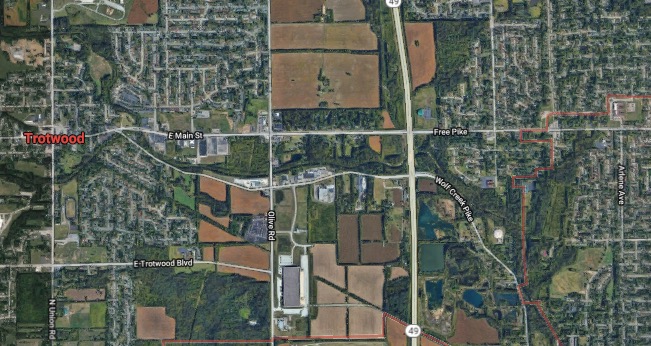

The Robert Koch Institute (RKI), Germany’s disease and control center, has reported 65,371 new cases within the last 24 hours – it is an increase of 12,545 new infections compared to the previous 24-hour period.īut these figures are likely to be under reported, and true scale of infections could be “twice or three times as many,” RKI chief Lothar Wieler told an online discussion with Saxony’s state premier Michael Kretschmer on Wednesday evening.
#Germany lockdown unvaccinated full
And the Singaporean government will no longer foot the bill for the treatment of those who are “unvaccinated by choice” and catch the virus.Germany reported its highest single day surge of Covid-19 infections as Chancellor Angela Merkel said the “dramatic” situation was the result of the fourth wave “hitting our country with full force.” New South Wales, Australia recently prohibited people over the age of 16 who are not fully vaccinated from visiting another person’s place of residence, except in limited circumstances.

Measures like these are not limited to Europe. Similar proposals are being discussed for adoption on a national level and, if approved, would come into effect later this month.

2G rules are already in force in some districts where Covid hospitalisations are particularly high. Only children and those who have medical reasons for not being vaccinated are exempt from the new rule.īerlin will also adopt 2G rules on November 15, and Brandenburg, Baden-Württemberg and Bavaria are expected to follow suit. A negative test will no longer get one through the door. Under the new rules, only people who are fully vaccinated or who have recovered from Covid-19 in the past six months are permitted to eat inside restaurants or go to clubs or bars. On Monday, the German state of Saxony put so-called 2G rules in place, which effectively exclude people who choose not to be vaccinated from many areas of public life. ‘2G’ restrictions in Germany’s Saxony and coming soon to Berlin This seems to be the conclusion of governments in other countries as well. Now that intensive care units are filling up, the calculation has changed. Imposing such restrictions in the summer, for example, when the rate of infection was low, would have been disproportionate, Reglitz said. What's essential is that the response be proportionate. “That’s why the state could be seen to be morally justified in posing restrictions on people.”

“Even though we have freedoms we do not have the freedom to harm other people,” Reglitz said. On the flip side is the argument that we have responsibilities toward those around us. “Others think is disproportionate, that the danger is not severe enough … that’s one side of the coin.” “There are people who think there is no justification for limiting freedom of movement,” said Merten Reglitz, Senior Lecturer in the Department of Philosophy at the University of Birmingham. Not everyone thinks the restrictions are warranted. Only 64 percent of the population in Austria is fully vaccinated, the lowest rate of any western European country, apart from Liechtenstein, according to the European Centre for Disease Prevention and Control. The new rules will be phased in over four weeks, during which proof of a first vaccination dose and a negative PCR test will be sufficient for access. The targeted lockdowns would be in addition to measures that came into effect on November 8 barring people who aren’t fully vaccinated from entering many public places, such as restaurants, bars, hairdressers, hotels, gatherings of more than 25 people and, perhaps most painfully for many, ski lifts. The states of Upper Austria and Salzburg have already approved lockdown measures for the unvaccinated, slated to come into effect on Monday. “A lockdown for the unvaccinated means one cannot leave one's home unless one is going to work, shopping (for essentials), stretching one's legs – namely exactly what we all had to suffer through in 2020," Schallenberg said, referring to three national lockdowns last year. “The aim is clear: We want on Sunday to give the green light for a nationwide lockdown for the unvaccinated,” Austrian Chancellor Alexander Schallenberg told a press conference on Friday. The move is in response to a rapid rise in the number of cases. Parliament is expected to debate a measure this weekend that would mandate a lockdown for people who have not received two doses of the vaccine or recovered from the virus. Austria is about to take perhaps the most decisive step.


 0 kommentar(er)
0 kommentar(er)
